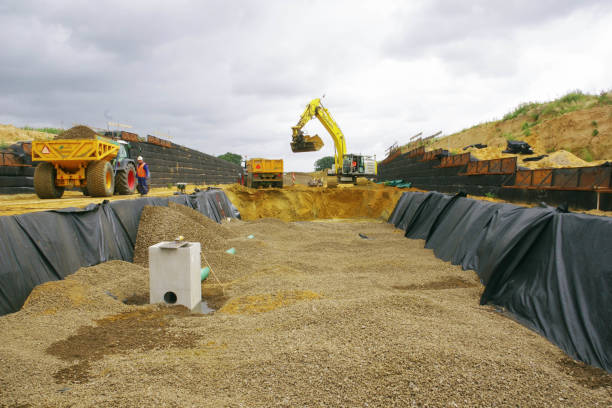If you’ve ever had a blocked drain, you know the inconvenience they cause. From unpleasant odours to slow-draining water, you swear that you never want to get into this situation again. Thankfully, avoiding future clogs is within your control, and you can stop this disturbance from returning.
The key is preventive drain maintenance. You’ve got to be proactive in your approach to stop your household being disrupted. Let’s dive into this topic so you can avoid future clogs.
Understanding the Causes of Drain Issues
Before we dive into preventive measures, let’s understand the common culprits behind drain issues. From hair and grease to soap scum and foreign objects, our drains face a daily assault. Knowing the foes allows us to strategise better in keeping them at bay.
The Reactive vs. Proactive Approach
Many of us adopt a reactive approach to drain issues – waiting until the water isn’t draining at all before taking action. But what if we could flip the script? Imagine being one step ahead, addressing potential problems before they disrupt your day. That’s the power of a proactive approach – the essence of preventive drain maintenance.
The Role of Drainage Professionals in Preventive Maintenance
Enter the heroes of plumbing – drainage professionals. These experts aren’t just here for emergencies; they play a crucial role in preventive maintenance. Scheduled inspections, thorough cleanings, and expert advice on best practices – these professionals are your partners in keeping your drains healthy and trouble-free. Don’t forget that if you have a minor drainage issue, fix it straightaway to avoid bigger problems later. FS Group offers a responsive service that can help.
DIY Tips for Preventive Drain Maintenance
While the professionals have your back, there’s a lot you can do between visits to maintain your drains. Start with simple DIY tips, like using drain covers to catch hair and debris, avoiding pouring grease down the sink, and occasionally flushing the drains with hot water. Small efforts can go a long way in preventing major clogs.
The Cost Savings of Preventive Maintenance
Neglecting drain maintenance might seem like a cost-saving strategy until that unexpected plumbing emergency hits. The costs of repairs and emergency services can quickly add up. Investing in preventive measures not only saves you money but also ensures a smoothly running plumbing system.
Be Cautious About Chemical Drain Cleaners
If you walk into a local store, you’re bound to come across chemical drain cleaners. So, why would you bother hiring experts and spending more money when you don’t have to? First of all, chemical drain cleaners might be readily available and at a lower cost. But, this doesn’t mean that they’re effective, safe or reliable when you need them the most. Just remember that there’s a reason that professionals exist.
So, what’s so bad about chemical drain cleaners? Let’s explore and discover why many homeowners are urging others to avoid them.
Dangerous for Pipes
Everybody wants a quick and easy solution when it comes to a blocked drain. But, know that picking up a drain cleaner can come at a cost. Sure, it can be cheap to buy and appear like it can do the job. But, it can actually cause irreversible damage to the pipes. Over time, they can weaken and shorten their lifespan. This can lead to costly repairs and require your home to go under construction.
A Family Hazard
Strong chemicals are used in drain cleaners. This can be dangerous to have around your family. For example, they can be toxic to ingest, or they can cause blindness if they get into your eyes. The chemicals can even burn and irritate the skin. There’s even the possibility that the chemicals combine the pipes, and this can create dangerous fumes that are released into your home. Most homeowners say that they don’t want to take risks when it comes to their families. It’s just safer to use a professional drainage company that uses pressurised water to get rid of clogs.
Damaging to the Environment
Let’s not forget that chemical drain cleaners can be damaging to the environment. If they end up in the soil, they can kill plants and be dangerous for animals. So, if they’re not disposed of in a safe way, they pose a threat. This is something you have to be careful of when you’re throwing away the chemical drain cleaner. You need to pay attention to the instructions on the product.
Conclusion
Embracing preventive drain maintenance is the key to a future where plungers gather dust, and plumbing issues are a distant memory. Understand the causes, adopt a proactive mindset, enlist the help of professionals, and incorporate DIY efforts – your drains will thank you. You’ll also save time and money.

